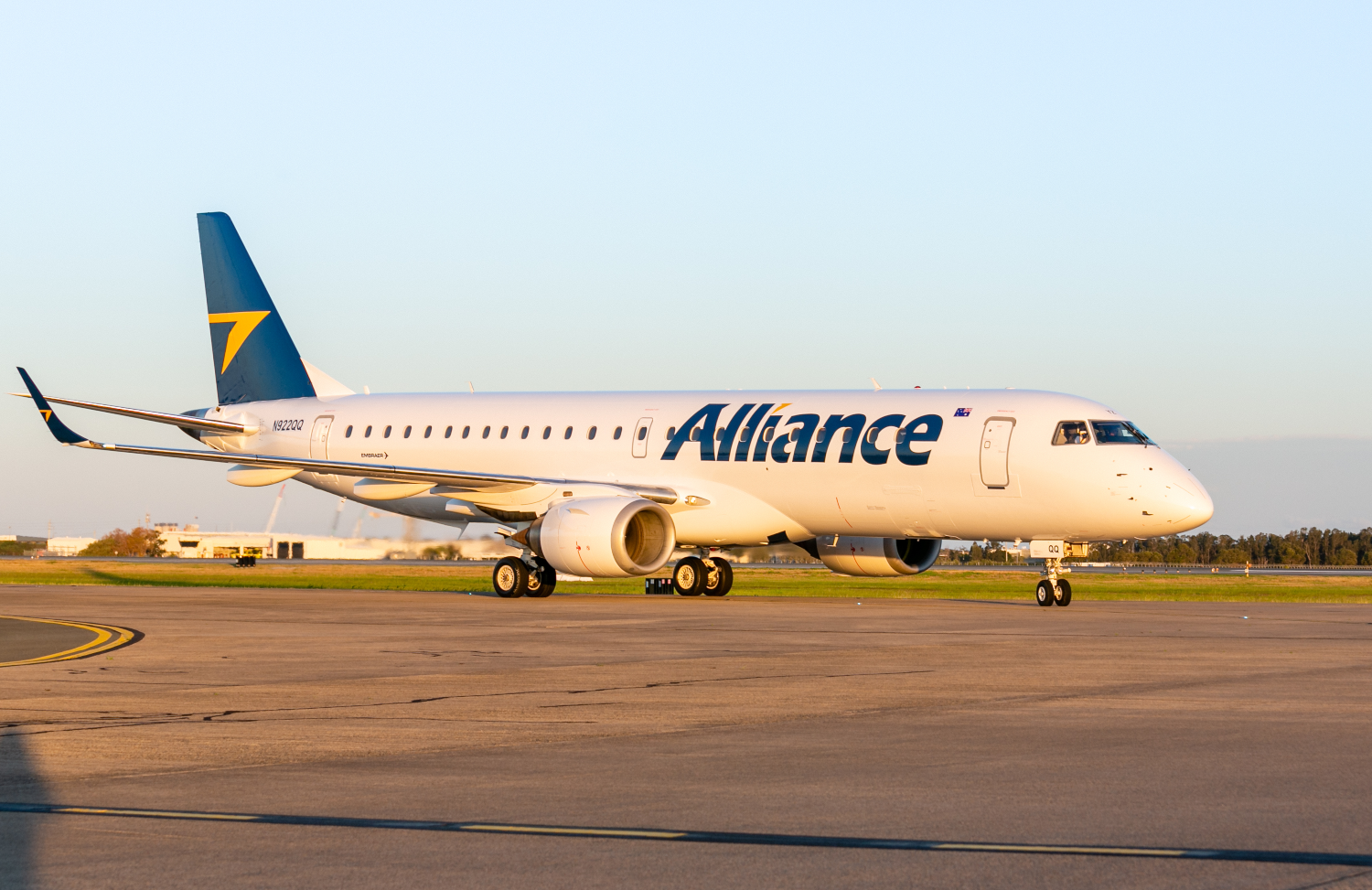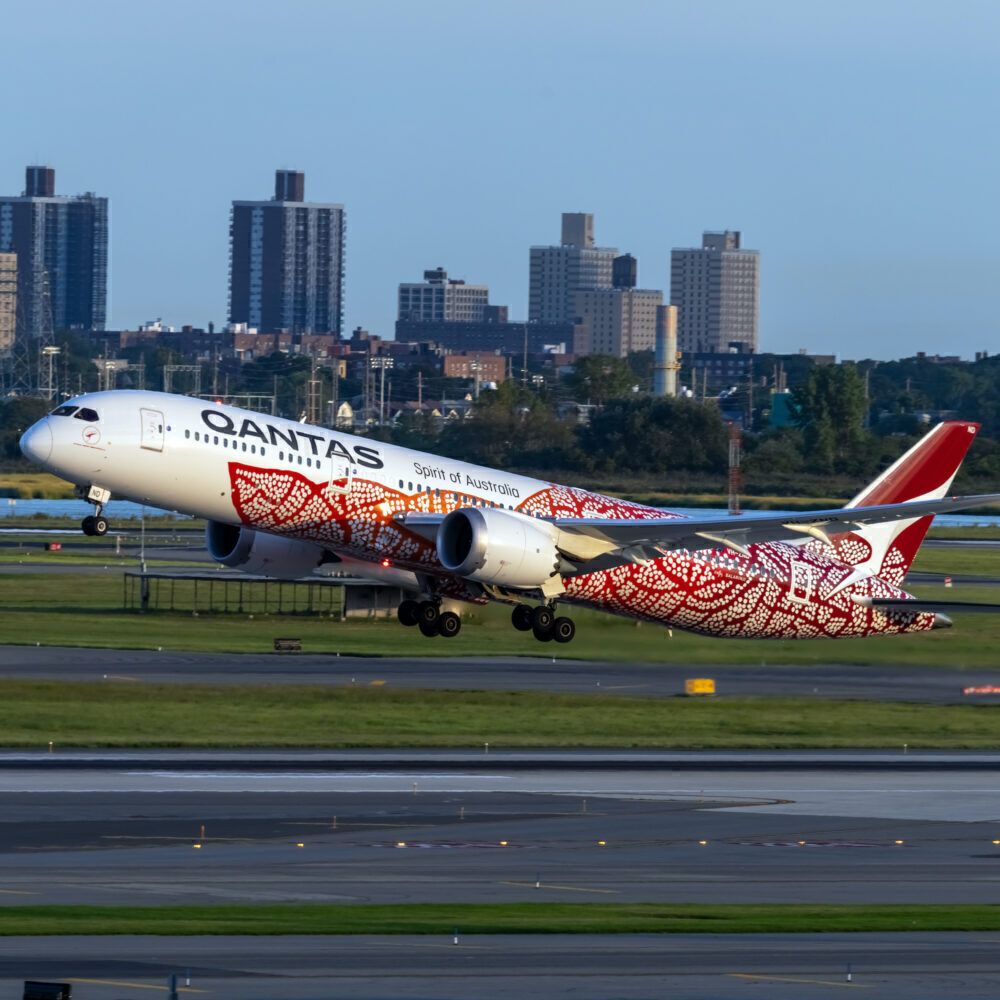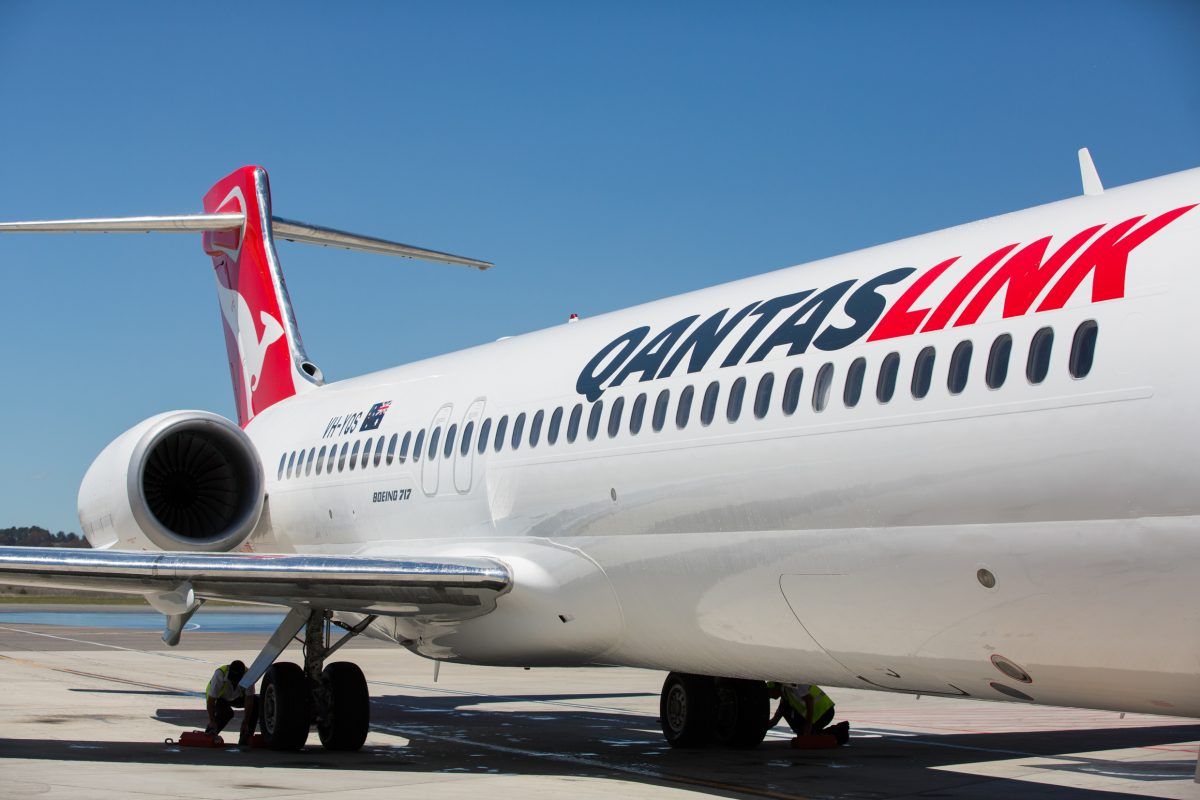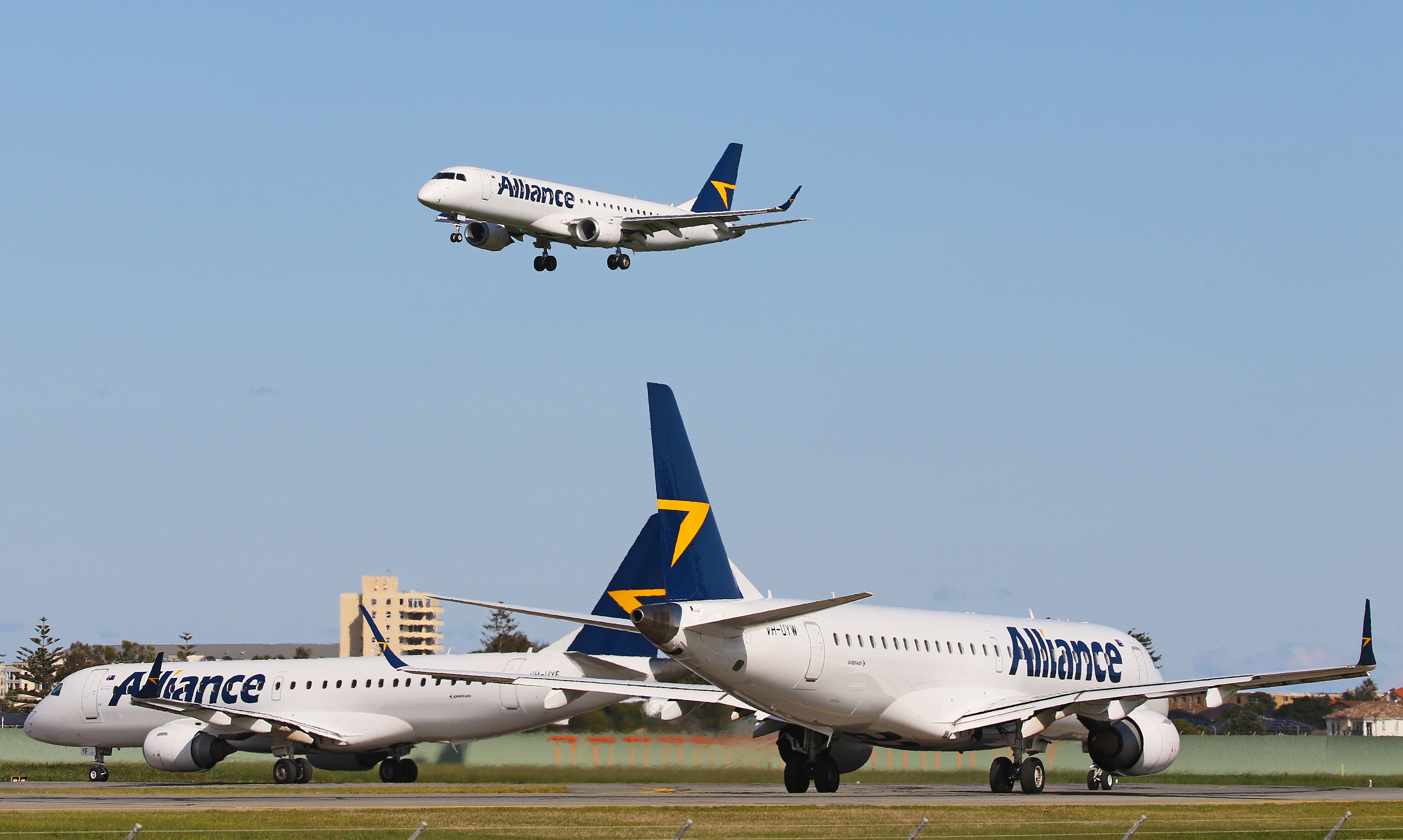The Australian Competition and Consumer Commission (ACCC) has expressed concerns about Qantas's proposed takeover of Alliance Aviation Services Ltd (Alliance). In a statement issued today, the ACCC said it was concerned that the takeover would substantially lessen competition in remote areas.
Qantas also issued a statement today, reaffirming its view that the acquisition of Alliance would not lessen competition. Qantas already owns just under 20% of Alliance, and in May, it reached an agreement to fully acquire the charter specialist, subject to receiving regulatory approval. Qantas is also Alliance's biggest customer, wet leasing up to 18 Embraer aircraft that Alliance operates on its behalf on various regional routes. Qantas bought its just under 20% stake in February 2019 and, at the time, said it ultimately intended to acquire 100%.
Why does Qantas want the rest of Alliance?
Alliance has a fleet of 64 aircraft, which ch-aviation.com says comprises 20 Embraer ERJ 190s, 25 Fokker F100s, five F50s and fourteen F70s. Its specialty is flying workers in and out of remote mining worksites operated by major resource companies across Australia. It also operates some regional passenger transport services and leases aircraft. Its fleet of 100-160 seat aircraft is ideally suited to airstrips in remote locations, where it competes with VARA (Virgin Australia Regional Airlines) and Rex.
Qantas has a regional airline, Qantaslink, which operates more than 2,000 flights weekly. Planespotters.net says the Qantaslink fleet of 104 aircraft includes 50 De Havilland DHC-8s, 20 Boeing B717s, 18 Fokker F70/F100s, 11 Airbus A320s and five Embraer ERJ-190s. In today's statement, Qantas Group executive of associated airlines and services John Gissing said the airline would continue to work with the ACCC to ensure any competition concerns were addressed. He added that Australia has one of the most pro-competitive aviation industries in the world.
"There are a significant number of charter operators of different sizes and that makes it an extremely competitive segment. We're confident our acquisition of Alliance does not substantially lessen that competition and we'll work through the ACCC's process to support that position and address their initial concerns."
Discover more aviation news here!
Competition is vital to keep regional services alive
The regulator is concerned that the acquisition will substantially lessen competition for air transport services to and from regional and remote areas in Queensland and Western Australia for corporate customers. The ACCC said the merger would combine two of the top three air transport operators in those regions and remove Alliance as the only competitor to Qantas on certain routes. Alliance provides wet lease services to other companies apart from Qantas, mainly for expansion into new routes or temporarily increasing capacity.
ACCC Chair Gina Cass-Gottlieb said: "Our preliminary view is that there are already significant barriers for airlines who want to enter or expand their operations in regional and remote areas, including access to pilots, airport facilities, and infrastructure, and associated regulatory approvals. The removal of Alliance as a supplier of wet leases or the increase in the price of wet leases for Qantas' competitors is likely to significantly increase these barriers."
Now that it has expressed its concerns, the ACCC has given any interested parties until September 1 to respond. The regulator will announce its final decision on the Qantas acquisition of Alliance on November 17, 2022. Should regulators be involved in airline takeovers, or is it a case of letting the market rule?




